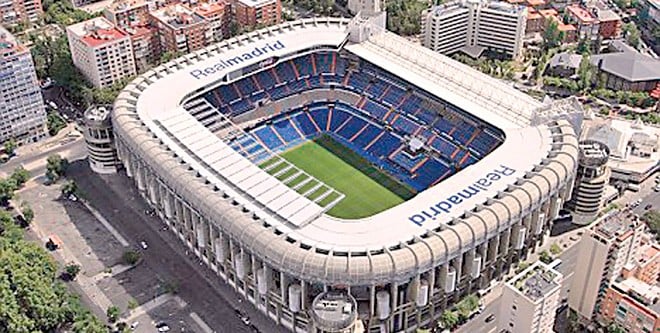

The attempts of the Big Three -- BCCI, ECB & CA -- to take over the cricketing world and turn the ICC into nothing more than a rubber-stamping entity have been well-documented over the past week. Despite all the clamour in the media, and the resistance from a members’ bloc including the PCB, it is becoming increasingly obvious that the Big Three’s ‘victory’ is inevitable. Some argue the resistance is not in vain pointing to a few potential concessions -- five rather than four members in the Executive Committee, doing away with the two-tier system of promotions and relegations, South Africa’s inclusion in the Test Match fund -- but these are nothing more than bread crumbs. The Big Three are still on course to obtain executive control of the ICC and a significantly greater share of future revenues. Make no mistake, they started off with a tactical low bid and are now exactly where they wanted to be. With the BCB also now seemingly having jumped off the protest bandwagon straight into the Big Three’s lap, we are only vote away from what many have been dreading. A victory for money over the spirit of cricket. The rich becoming richer, the poor becoming poorer. Right? Wrong. That bit about the rich becoming richer.
Even from a purely financial standpoint, this is short-minded on the Big Three’s part. In the long-run, their plan will be financially disadvantageous for all the cricket boards, including themselves. They may hold a bigger part of the pie, but the pie’s size will likely become stagnant, if not decrease. Unlike traditional businesses, weakening or killing off competitors in sport doesn’t make you stronger. The sustainability of the sport’s finances is directly linked with the growth and sustainability of competition in the game.
In the Spanish football league, better known as La Liga, Barcelona and Real Madrid have always collected the lion’s share of TV revenues, a joint 42% of the total, earning several times more than their competitors. Their justification is that they are the main viewer attractions. While Barcelona and Real Madrid have financially thrived, most of the remaining La Liga clubs have become financially crippled with unsustainable debt burdens. As a result, the competitiveness of La Liga is regularly questioned, and hence so are the achievements of Barcelona and Real Madrid in it. An unhealthy trend of La Liga’s star players from the ‘other’ 18 teams leaving for England has developed over the past few years with the likes of David Silva, Juan Mata, Sergio Aguero, Santi Cazorla, Alvaro Negredo and Roberto Soldado all flying across the English channel.
The TV stations that share La Liga’s broadcasting rights, after buying them from each of the clubs individually, have experienced declining subscriber numbers, mainly due to low levels of interest in games not involving Barcelona or Real Madrid.
In contrast, the English Premier League sells its TV rights collectively and shares them equitably. In the 2011-2012 season, for example, the champions Manchester City earned £60m through TV, while relegated Blackburn Rovers and Wolverhampton Wanderers made £40m. In addition, parachute payments are provided by the league to relegated clubs to ensure a soft financial landing into the lower tier. The result: English Premier League earns annual revenue double that of La Liga at £2.5bn with attendances averaging 92.5% of capacity compared to 80% in Spain. Furthermore, there is little hope that TV revenues in Spain will catch up with those in England anytime soon.
Now, Barcelona and Real Madrid have begun to realise that their own sizable revenues in years gone by have come at the cost of damaging the very platform that enables them to earn their bread and butter, which in turn has put their own future financial health at risk.
They have started to understand that the league is in crisis and damage control needs to be done. The reduction in competition has compromised the core of what people like to watch -- one team against another where financial resources aren’t the only determinant. As a result, they have agreed in principle to sell TV rights collectively, together with all the other clubs, in the future and take their collective share of total revenues down from 42% to 34%. Not quite ideal but a step in the right direction to restoring the financial health of the league and ensuring the continuation of their own.
The lesson for the Big Three is straightforward. They have two choices. Either, they can be generous now, allow the other members to have an equitable share of revenues, sustain competition in the sport, invest in expanding associate and affiliate members, and end up with a competitive sport and a commercial market multiple times bigger in size than present. OR, they can go through with their current plan, enjoy a few good years of raking in the cash, whilst putting the competitiveness of the sport into terminal decline, and jeopardising their own and everyone else’s future income in the process. It goes without saying, that they would be better advised to go with the former option, both for the sake of the sport and for the interests of all involved, including their own.